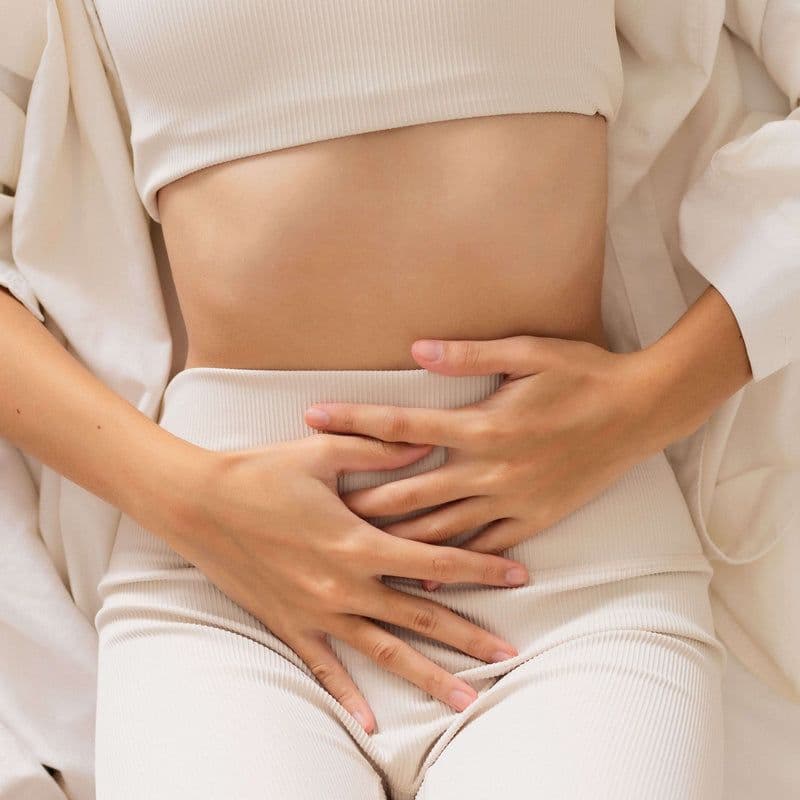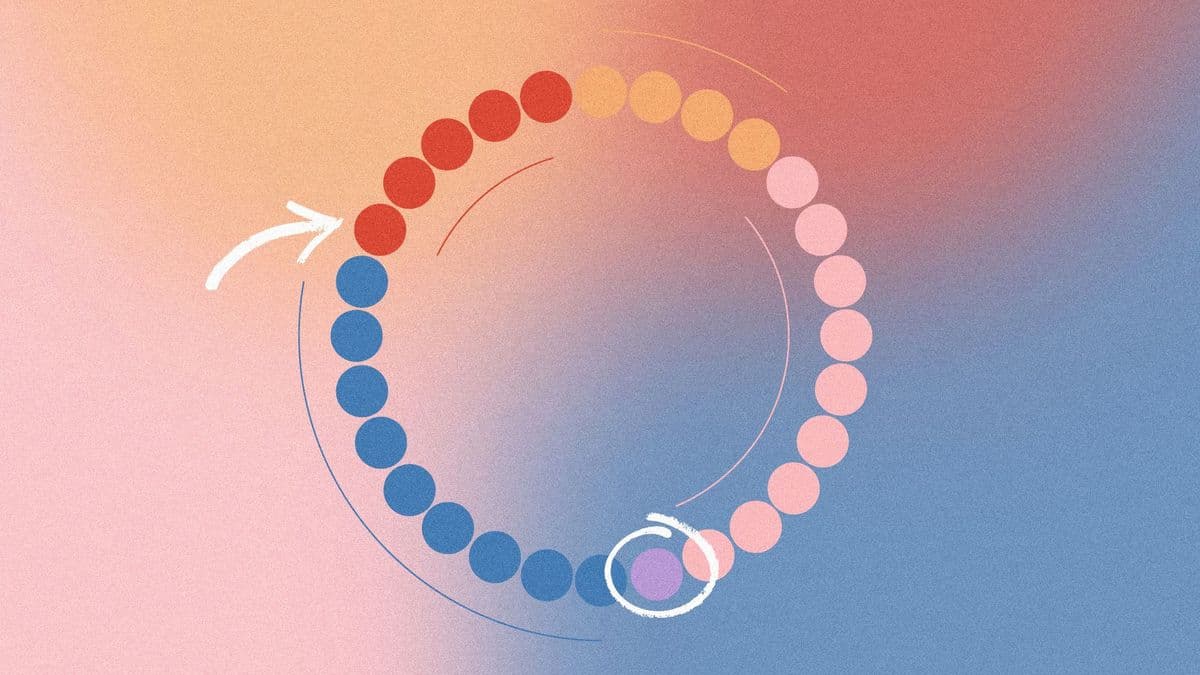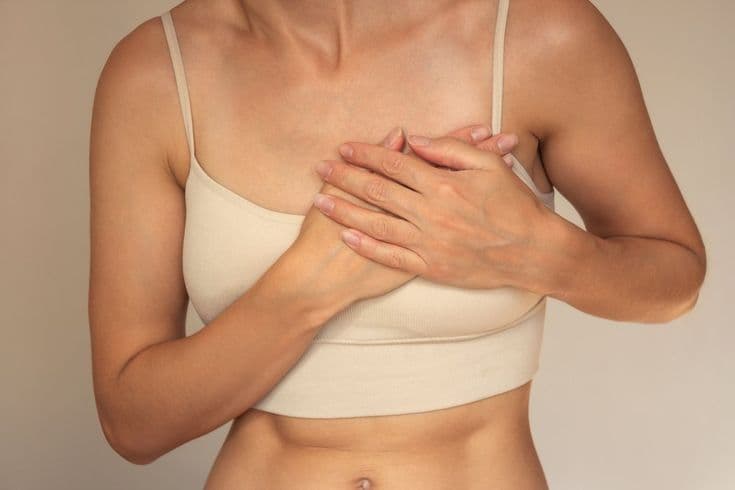
Everything you need to know about endometriosis
9 sources
Listen to this article
Hey friend, if you're here reading this, chances are you've been dealing with periods that feel way beyond "normal" cramping, or someone you love is struggling with symptoms that just don't add up. Let's talk about endometriosis, because understanding what's happening in your body is the first step toward getting the support you deserve.
What endometriosis actually is
Think of endometriosis as tissue similar to your uterine lining deciding to set up camp in places it doesn't belong. Your ovaries, pelvic area, sometimes even further out. This tissue still responds to your monthly hormones, causing inflammation, scar tissue, and often significant pain. About 1 in 10 women have endometriosis, so you're definitely not alone in this.
The tricky thing? Symptom severity doesn't always match disease extent. Some women with minimal visible signs experience debilitating pain, while others with extensive endometriosis might have milder symptoms. Your experience is valid regardless.
Signs that deserve attention
Beyond brutal period cramps, endometriosis can show up as chronic pelvic pain that lingers throughout your cycle, pain during sex, uncomfortable bowel movements or urination (especially around your period), heavy or irregular bleeding, and persistent fatigue. Many women also experience digestive issues like bloating, nausea, or changes in bowel habits.
During your luteal phase, these symptoms often intensify thanks to hormonal fluctuations that ramp up inflammation. That's why gentle movement, magnesium support, and extra comfort during this nesting time becomes even more crucial.
Your action steps
Track your symptoms across your entire cycle, not just during your period. Note pain levels, digestive changes, and energy dips.
Prepare for medical appointments by documenting how symptoms impact your daily life. Be specific about timing and severity.
Seek specialized care if primary doctors dismiss your concerns. Reproductive endocrinologists and gynecologists experienced with endometriosis can offer better support.
Build your comfort toolkit with heating pads, anti-inflammatory foods, pelvic floor physical therapy, and stress management techniques.
Connect with support through online communities or local groups where women share real experiences and practical tips.
Remember, endometriosis isn't just "bad periods" you need to endure. It's a legitimate medical condition that responds well to proper diagnosis and treatment. You deserve answers, relief, and a medical team that takes your symptoms seriously.



